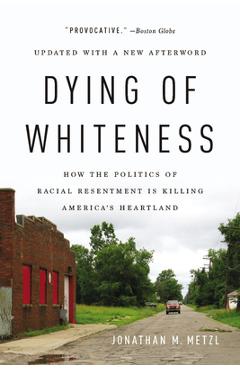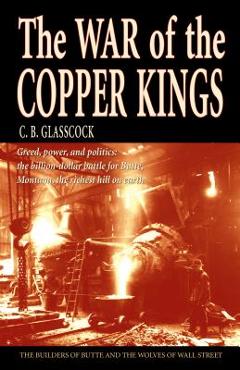The Politics of Inclusion and Exclusion

Detalii The Politics of Inclusion and
anticexlibris.ro
19.98 Lei
39.98 Lei
Științe & Cunoaștere > Istorie & Politică
The Politics of Inclusion and - Disponibil la anticexlibris.ro
Pe YEO găsești The Politics of Inclusion and de la , în categoria Științe & Cunoaștere > Istorie & Politică.
Indiferent de nevoile tale, The Politics of Inclusion and Exclusion din categoria Științe & Cunoaștere > Istorie & Politică îți poate aduce un echilibru perfect între calitate și preț, cu avantaje practice și moderne.
Preț: 19.98 Lei
Caracteristicile produsului The Politics of Inclusion and
- Brand:
- Categoria: Științe & Cunoaștere > Istorie & Politică
- Magazin: anticexlibris.ro
- Ultima actualizare: 28-10-2025 01:22:05
Comandă The Politics of Inclusion and Online, Simplu și Rapid
Prin intermediul platformei YEO, poți comanda The Politics of Inclusion and de la anticexlibris.ro rapid și în siguranță. Bucură-te de o experiență de cumpărături online optimizată și descoperă cele mai bune oferte actualizate constant.
Descriere magazin:
The case of Hungarian Jews in the 19th-20th centuries, first included in the Hungarian nation and then, after 1919, excluded from it, is a poignant illustration of the changing politics of nationalism and the process of exclusion to the point of genocide. Hungarian nationalism, which emerged in the 19th century, construed the nation as a cultural entity and tended to include Hungarian-speaking, assimilated Jews in the dominant Magyar minority of the Kingdom. The treaty of Trianon changed the formula of Hungarian nationalism and made the Jews not only outsiders, but also a social hindrance. Antisemitism, which was a rather marginal phenomenon in the 19th century, became a cornerstone of the official ideology under Horthy. Horthy\'s Hungary cooperated willingly with the Nazis in the "solution of the Jewish question". The anti-Jewish laws of 1938-41 were enacted without Nazi pressure and were supported by popular opinion. The regime was also instrumental in the deportation of Jews in 1944. Thus, the Holocaust in Hungary was a direct outcome of the country\'s interwar nationalism. Tragically, the Jews of Hungary relied on the "assimilationist social contract" up to the end of the war; they believed in dialogue with the authorities, and did not protest.

Produse asemănătoare

Dying of Whiteness: How the Politics of Racial Resentment Is Killing America\'s Heartland - Jonathan M. Metzl
![]() libris.ro
libris.ro
Actualizat in 28/10/2025
111.55 Lei

24/7 Politics: Cable Television and the Fragmenting of America from Watergate to Fox News - Kathryn Cramer Brownell
![]() libris.ro
libris.ro
Actualizat in 28/10/2025
195.3 Lei

The War of the Copper Kings: Greed, Power, and Politics - C. B. Glasscock
![]() libris.ro
libris.ro
Actualizat in 28/10/2025
202.76 Lei

Imperium: The Philosophy of History and Politics - Francis Parker Yockey
![]() libris.ro
libris.ro
Actualizat in 28/10/2025
133.57 Lei

Food Power Politics: The Food Story of the Mississippi Civil Rights Movement - Bobby J. Smith Ii
![]() libris.ro
libris.ro
Actualizat in 28/10/2025
208.84 Lei

Notes from Underground: Zines and the Politics of Alternative Culture - Stephen Duncombe
![]() libris.ro
libris.ro
Actualizat in 28/10/2025
111.32 Lei